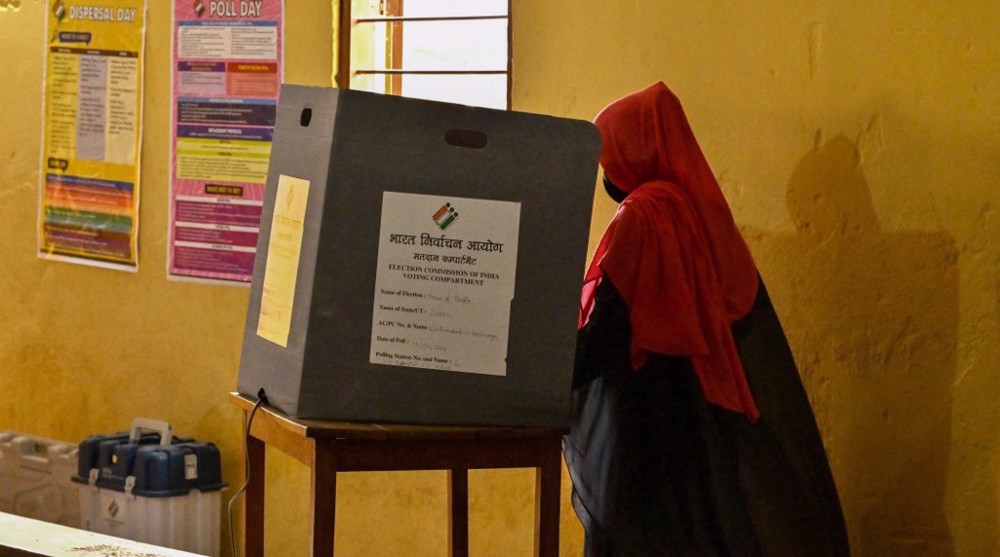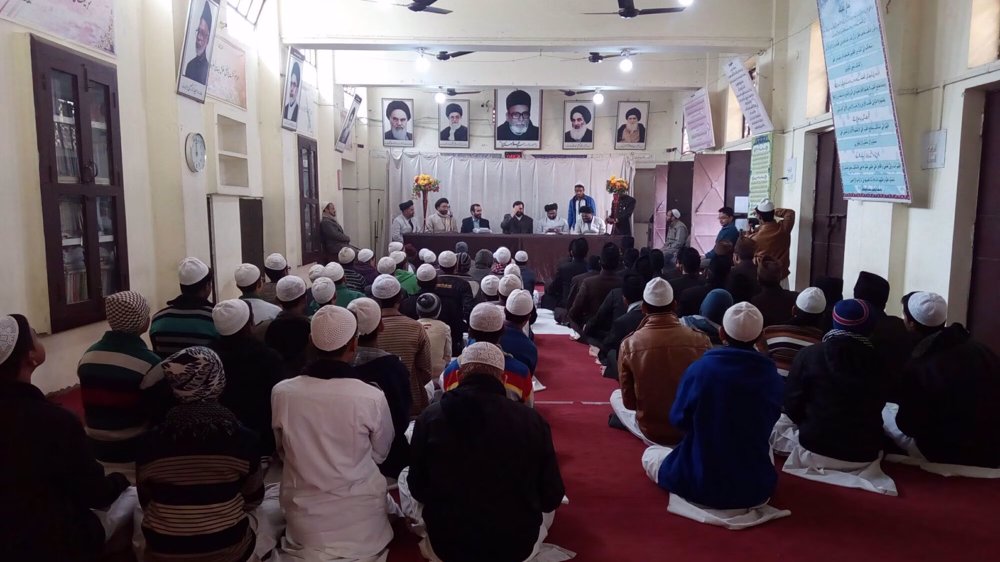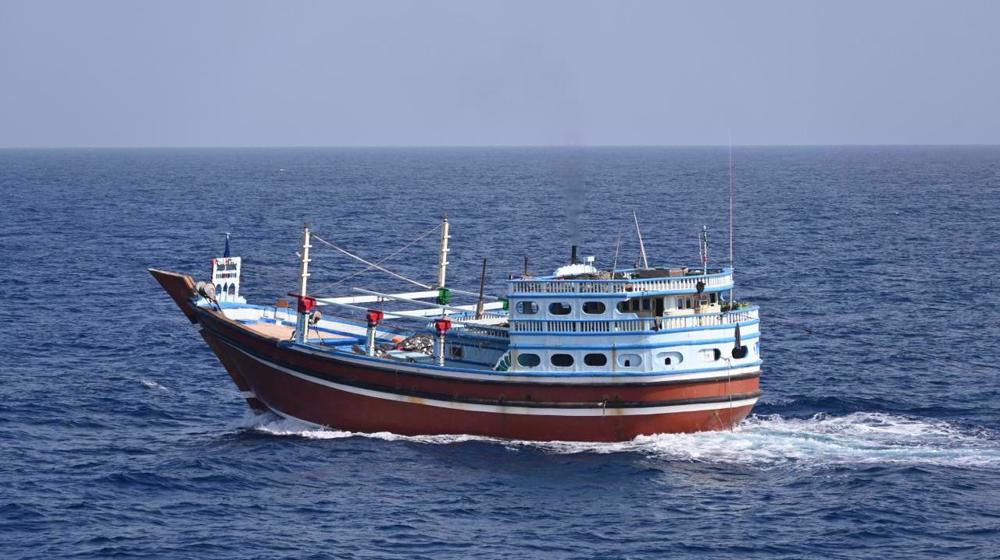Rohingya refugees in New Delhi camps face eviction threat
Myanmar’s ethnic Rohingya Muslims, who have fled persecution in their home country and resettled in India, face the threat of eviction from the camps they are living in, Press TV reports.
Hundreds of Rohingya refugees are struggling with difficult living conditions in the temporary shelters set up on the outskirts of the Indian capital, New Delhi.
A refugee woman told Press TV of the plight of Rohingyas in the refugee camps, saying, “We came here three years ago and God knows what we have faced. The Zakat Foundation [of India] gave us this piece of land to live, but now it is being disputed in the court. Where are we supposed to go now?”
Saud Tahir, the director of the Refugee Rights Initiative at the Human Rights Law Network (HRLN), a group dedicated to the use of legal system to advance human rights in India and the sub-continent, told Press TV that the body is taking all necessary steps to protect the rights of the refugees.
As a legal partner to the Office of the UN High Commissioner for Refugees (UNHCR), “we are ensuring their (the Rohingyas’) release, we ... visit the camps and do whatever the legal protection and legal intervention is required,” Tahir added.

According the latest figures released by the UNHCR, around 9,000 Rohingya refugees are registered in New Delhi, with thousands more camping elsewhere across India. The refugees have little or no access to essential services such as water, electricity and toilets while many of them survive on charity.
In their homeland, Rohingya Muslims living in the western Myanmarese state of Rakhine have been also subject to systematic repression by extremists from the Buddhist majority since the country’s independence in 1948.
This is while the government of Myanmar has fallen short of protecting the rights of the marginalized group, which has been recognized by the UN as one of the world’s most persecuted communities.
The violence against Rohingya Muslims has claimed the lives of a large number of people and triggered an influx of refugees into neighboring countries, namely Thailand, Malaysia, Indonesia and India.
Israeli occupation of Palestine ‘main cause of instability’ in region: Turkish FM
VIDEO | Columbia students camp on university grounds in support of Palestinians
VIDEO | Muslim unity and Palestine
UN Security Council's inaction prompted Iran to attack Israel: FM
Know their names: Palestinian athletes, scouts, coaches killed by Israel in Gaza
'It was not a strike': Iran FM dismisses Israeli weapons as 'children toys'
The struggles of Occupied Palestine
Saadi Day: Ayatollah Khamenei exalts great Persian poet









 This makes it easy to access the Press TV website
This makes it easy to access the Press TV website